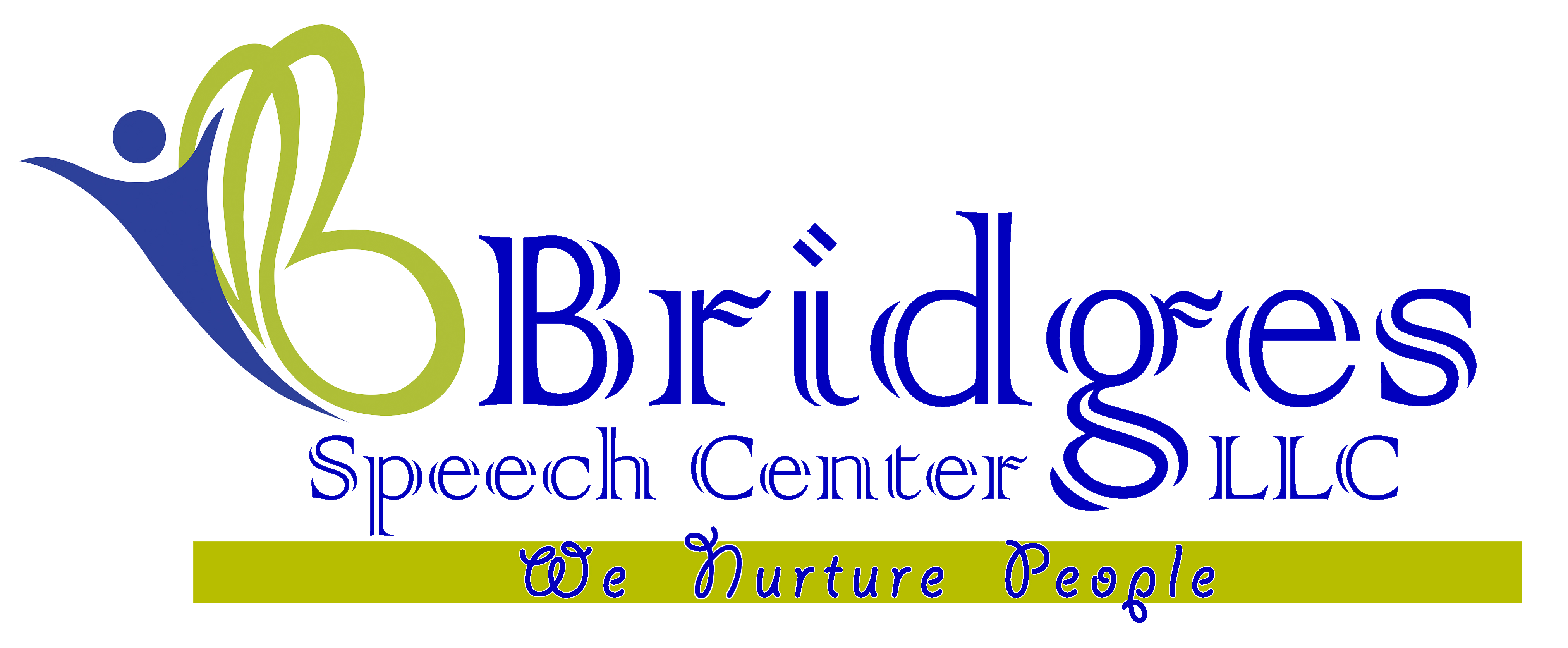- About Us
- Our Services
- Speech Therapy
- Speech and Language Therapies for Adults in Dubai
- Speech and Language Therapies for Children in Dubai
- Accent therapy
- Augmentative Alternative Communication (AAC) Therapy
- Articulation Speech Therapy
- Auditory Processing therapy/ Auditory verbal therapy
- Language Intervention: Speech Delay therapy
- Oral Motor Therapy
- Play Based therapy
- PROMPT/DTTC/RePT for Childhood Apraxia of Speech
- Social communication/Pragmatic language therapy
- Stuttering / Stammering therapy Program
- Spellography Program for Dyslexia
- Voice Therapy
- Feeding Therapy
- Occupational Therapy
- Sensory Integration
- Clinical Psychology & Psychotherapy
- Cognitive Behavioral Therapy(CBT)
- ABA /Behavior Therapy
- Bridge Learning Program
- Group therapy
- Summer/Winter Program
- Telehealth Services
- Training Program/CEU
- Internship/ Observership
- Speech Therapy
- Super Team
- Collaboration
- Training Course
- News/Blogs
- About Us
- Our Services
- Speech Therapy
- Speech and Language Therapies for Adults in Dubai
- Speech and Language Therapies for Children in Dubai
- Accent therapy
- Augmentative Alternative Communication (AAC) Therapy
- Articulation Speech Therapy
- Auditory Processing therapy/ Auditory verbal therapy
- Language Intervention: Speech Delay therapy
- Oral Motor Therapy
- Play Based therapy
- PROMPT/DTTC/RePT for Childhood Apraxia of Speech
- Social communication/Pragmatic language therapy
- Stuttering / Stammering therapy Program
- Spellography Program for Dyslexia
- Voice Therapy
- Feeding Therapy
- Occupational Therapy
- Sensory Integration
- Clinical Psychology & Psychotherapy
- Cognitive Behavioral Therapy(CBT)
- ABA /Behavior Therapy
- Bridge Learning Program
- Group therapy
- Summer/Winter Program
- Telehealth Services
- Training Program/CEU
- Internship/ Observership
- Speech Therapy
- Super Team
- Collaboration
- Training Course
- News/Blogs
Sensory Integration
Bridges Speech Center
August 11, 2023
Sensory Integration
Sensory integration is a crucial process that enables individuals to perceive, process, and respond appropriately to sensory information from their environment. This process plays a fundamental role in shaping our interactions, behaviors, and overall well-being. Occupational therapists often employ sensory integration techniques to address sensory processing challenges and promote better functioning across various populations, including children and adults with sensory-related difficulties, developmental disorders, or neurological conditions. Here are some key benefits of sensory integration:
- Enhanced Sensory Processing: Sensory integration therapy helps individuals better process sensory input, such as touch, sound, sight, taste, and movement. This improved sensory processing can lead to a more accurate interpretation of sensory stimuli and more effective responses.
- Improved Attention and Focus: For individuals with attention difficulties, sensory integration therapy can help regulate sensory input, leading to better focus and attention. By addressing sensory sensitivities, distractions can be minimized, allowing individuals to engage more effectively in tasks and activities.
- Emotional Regulation: Sensory integration can contribute to better emotional regulation. Individuals who struggle with sensory processing challenges often experience heightened emotional responses. Through therapy, they can learn coping strategies to manage emotional reactions and reduce anxiety and stress.
- Motor Skill Development: Sensory integration therapy involves engaging in purposeful, movement-based activities that stimulate the sensory system. These activities can contribute to the development of motor skills, including both fine and gross motor abilities.
- Social Interaction: Individuals with sensory challenges may find it difficult to engage in social interactions due to sensory sensitivities or difficulties interpreting social cues. Sensory integration therapy can help improve social engagement and the ability to interpret and respond to social stimuli appropriately.
- Body Awareness and Coordination: Sensory integration activities often involve movements and spatial challenges, which can enhance body awareness and coordination. This is particularly beneficial for individuals with developmental coordination disorders or difficulties in motor planning.
- Cognitive Skills: Engaging in sensory-rich activities can stimulate cognitive development. The brain’s sensory pathways are closely interconnected with cognitive functions, and improved sensory processing can positively impact cognitive skills such as problem-solving, memory, and decision-making.
- Self-Regulation: Sensory integration therapy helps individuals develop self-regulation skills, enabling them to modulate their responses to sensory stimuli. This is particularly important for those with sensory processing disorders or conditions like autism spectrum disorder.
- Positive Behavior Changes: Individuals who receive sensory integration therapy may exhibit positive changes in behavior. Reduced sensory sensitivities and enhanced sensory processing can lead to decreased challenging behaviors, improved communication, and better engagement in daily activities.
- Increased Comfort and Confidence: As individuals become more adept at processing sensory information, they may experience increased comfort and confidence in various environments. This newfound sense of ease can lead to improved participation in social, academic, and leisure activities.
Sensory integration therapy is a dynamic and individualized approach that capitalizes on the brain’s neuroplasticity. By providing controlled sensory experiences and guided interventions, occupational therapists help individuals adapt and respond more effectively to their surroundings, leading to a better overall quality of life and improved functioning across various domains.



Recent Posts
Have Any Question?
If you would like to register for any of our services or upcoming training programs, contact us…

